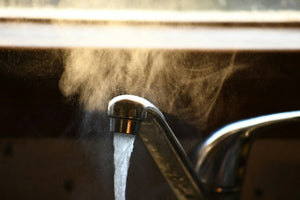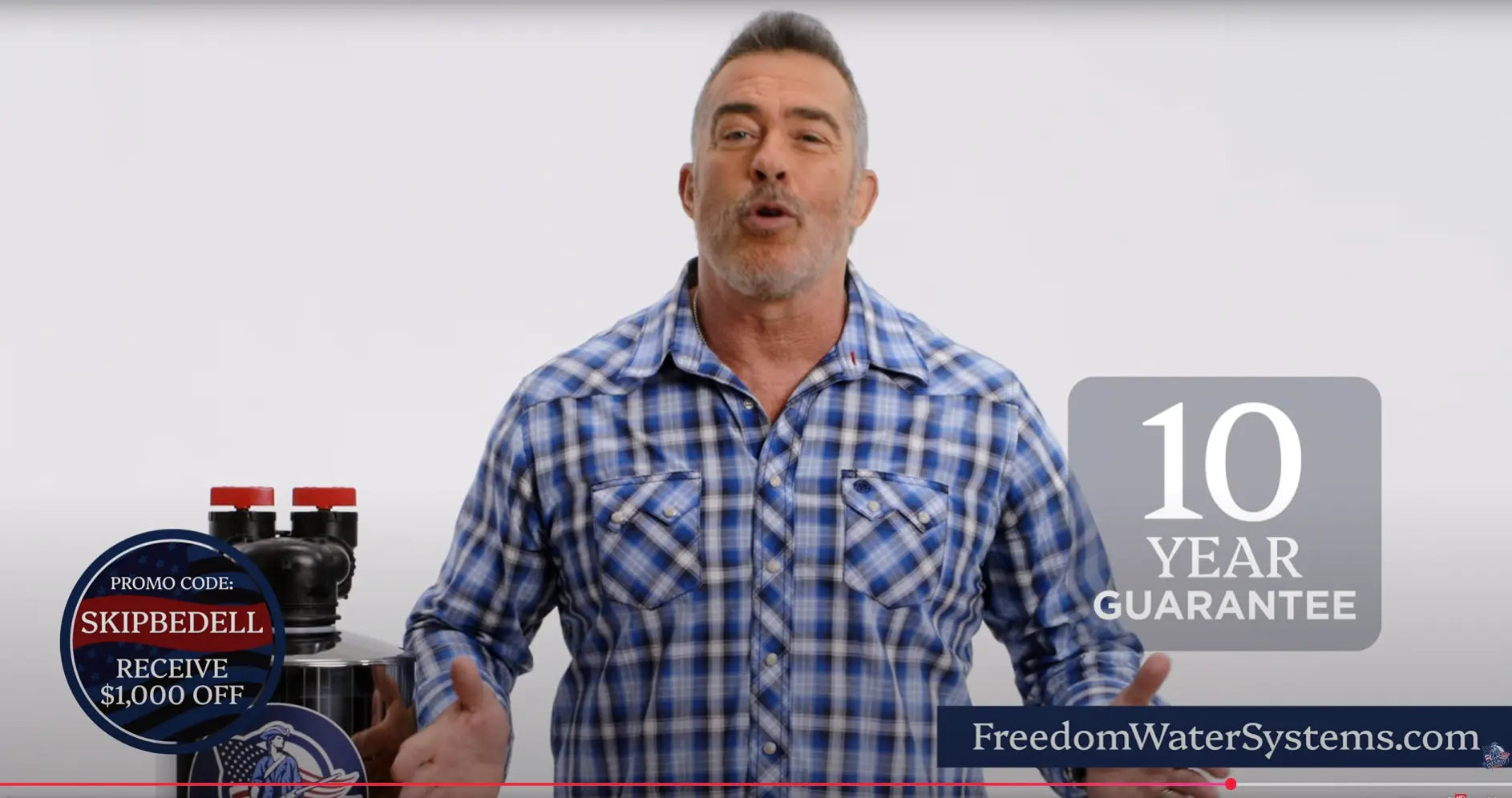Louisiana just lit a national fuse. A state Senate panel voted 6-3 to advance a bill that would ban fluoride from public water systems. If it passes, Louisiana would join Utah—first state to outlaw the chemical—and the move could ripple across the country. Supporters call fluoride a “dangerous neurotoxin.” Some Dentists say it’s the best public-health tool since seatbelts, who is correct?
So what does this tug-of-war mean for families who simply want safe, healthy water? Let’s break down the bill, the science, and the smart steps you can take—no matter which side wins.
The Bill at a Glance
- Senate Bill 82—sponsored by Sen. Mike Fesi—would prohibit fluoridation in Louisiana’s public systems.
- Communities could add fluoride only if 15 % of voters sign a petition to trigger a referendum (the reverse of current law).
- Louisiana Surgeon General Ralph Abraham backs the ban, citing “informed consent.”
- Opponents include the Louisiana Dental Association and pediatric dentists who say fluoride at 0.7 mg/L is safe and shields low-income kids from cavities.
✓ Why the Push to Ban Fluoride?
Senator Fesi and allies argue that adding any chemical—helpful or not—without explicit consent violates personal freedom. They also cite new studies linking high prenatal fluoride exposure to IQ reductions. Nationally, Robert F. Kennedy Jr. has made “de-fluoridation” part of his health agenda.
✓ Why Some Dentists Say “Keep It”
The CDC calls water fluoridation one of the top 10 public-health achievements of the 20th century. Decades of certain data has shown fewer cavities and lower dental costs in fluoridated communities. Dr. Robert Delarosa, a New Orleans pediatric dentist, told lawmakers fluoride may be “the sole source of cavity prevention” for vulnerable children.
✓ What the Science Claims
- Benefit level: There are studies that have shown that 0.7 mg/L can prevent tooth decay with minimal cosmetic risk.
- Legal ceiling: EPA sets 4 mg/L as the maximum contaminant level.
- There are several severe medical conditions however that are directly linked to fluoride, such as, dental fluorosis, tooth decay, skeletal weakness, several kinds of neurological problems, high blood pressure, acne and seizures.
- IQ-related studies involve prenatal exposure above 1 mg/L—mostly in unregulated regions.
✓ If the Ban Passes—What Changes?
- Cities that currently fluoridate would have to stop.
- Homeowners worried about fluoride’s health impact can worry a little less.
- People who still wish to use fluoride must rely on toothpaste, supplements, or consuming bottled water.
✓ If the Ban Fails—What Stays the Same?
- Utilities keep dosing at 0.7 mg/L; CDC guidance remains unchanged.
- The national debate continues—other states may copy Utah or Louisiana’s petition model.
✓ Homeowner Action Plan (Ban or No Ban)
- Test your tap. Check your CCR or send a lab sample.
- Decide your ideal level. 0.7 mg/L vs. “as low as possible.”
- Pick a filtration method. RO, activated-alumina, or bone-char.
- Go whole-home with a Freedom Water FW-SPS-FLU or Fluoride Blaster 2000 (FW-MFB-2000).
- Retest yearly.
✓ The Freedom Water Systems Take
We don’t lobby for or against laws—our mission is water on your terms. Whether you want fluoride filtered out or kept in, our systems customize water for your family—no waiting on politics.
Q: Will Louisiana’s bill remove fluoride immediately?
No. It must pass the full Senate, the House, and be signed by the governor. Compliance timelines would follow.
Q: Does boiling water remove fluoride?
No—boiling concentrates fluoride. Use reverse-osmosis or activated-alumina filtration.
Q: Is bottled water fluoride-free?
Depends on the brand.
Q: How often should RO membranes be replaced?
Every 1-2 years on city water; annually on well water with high sediment.
Q: Can fluoride and scale be treated in one system?
Yes. The ECO-X or Platinum System paired with the Fluoride Blaster catalytic carbon & conditioning with a bone char and AA filtration system to filter fluoride, PFAS, and heavy metals.







